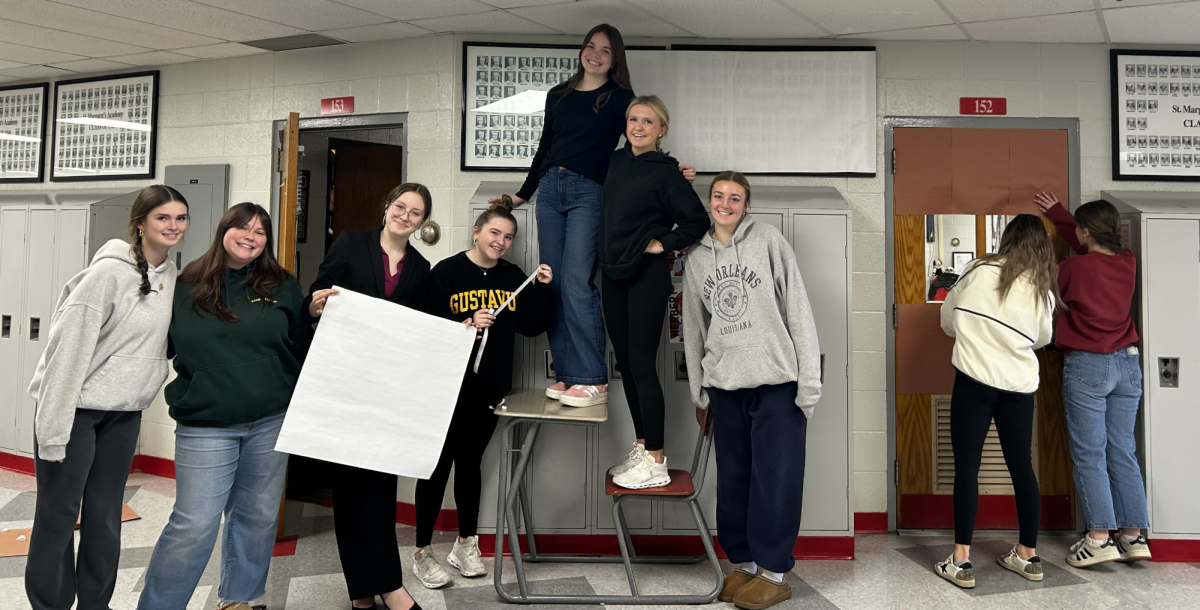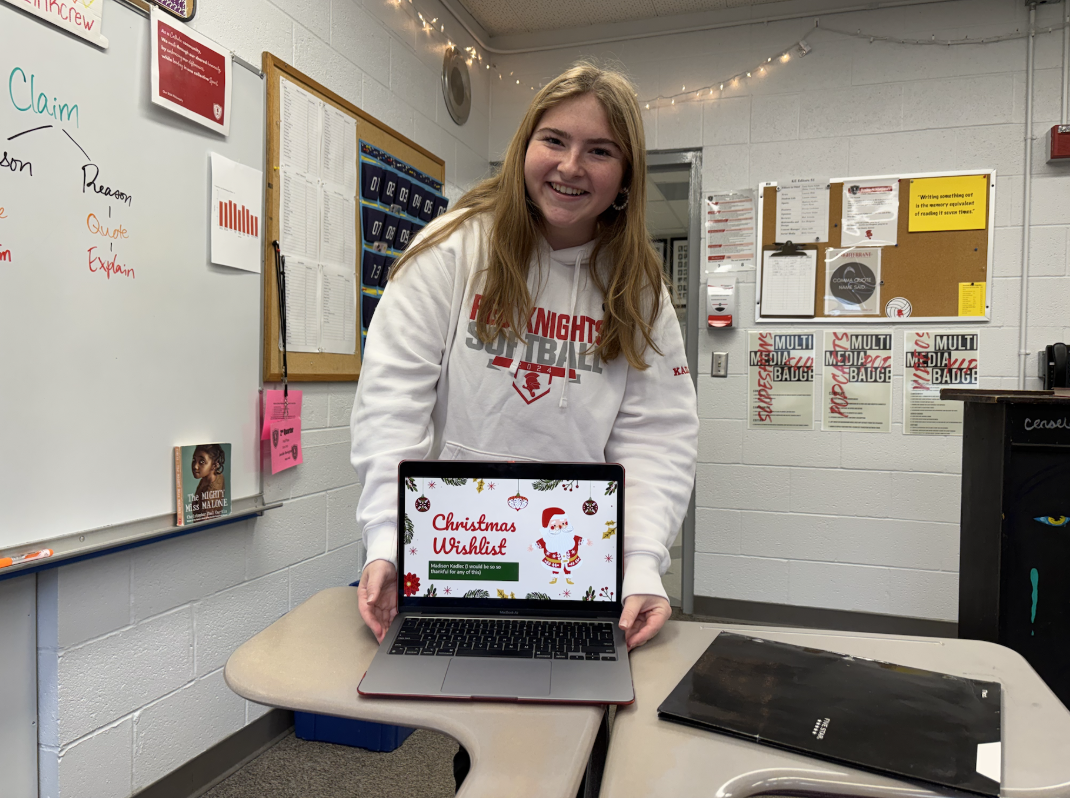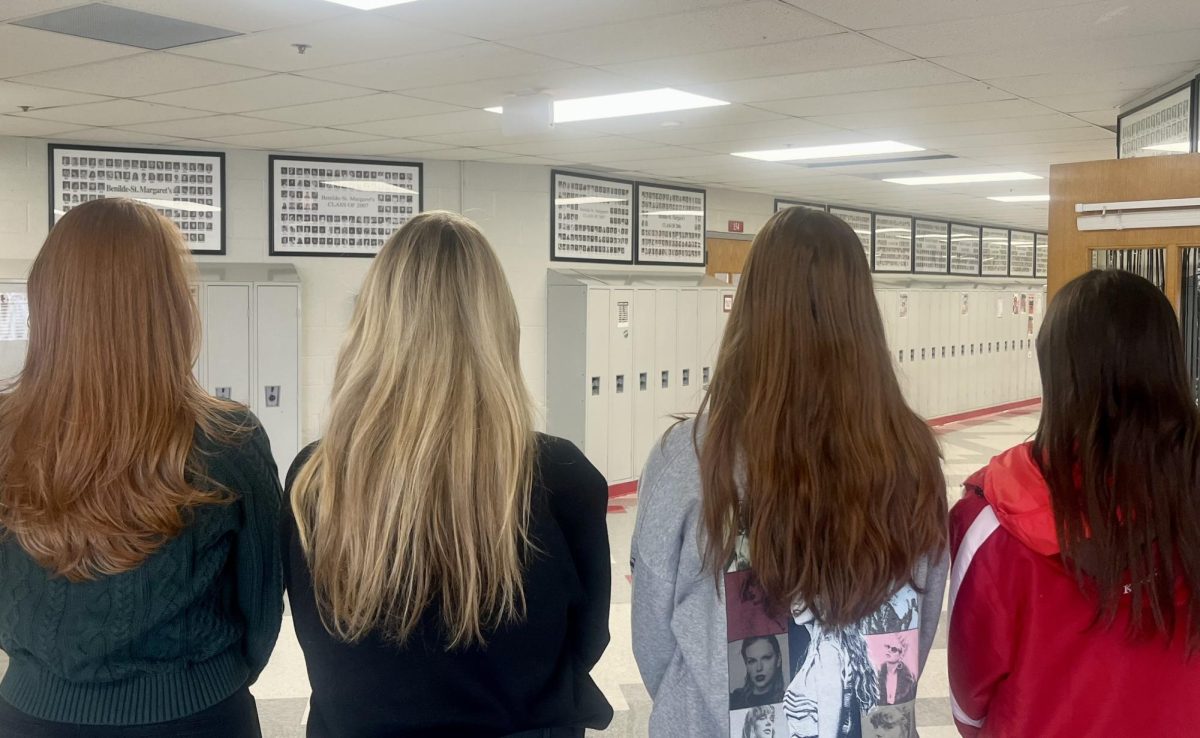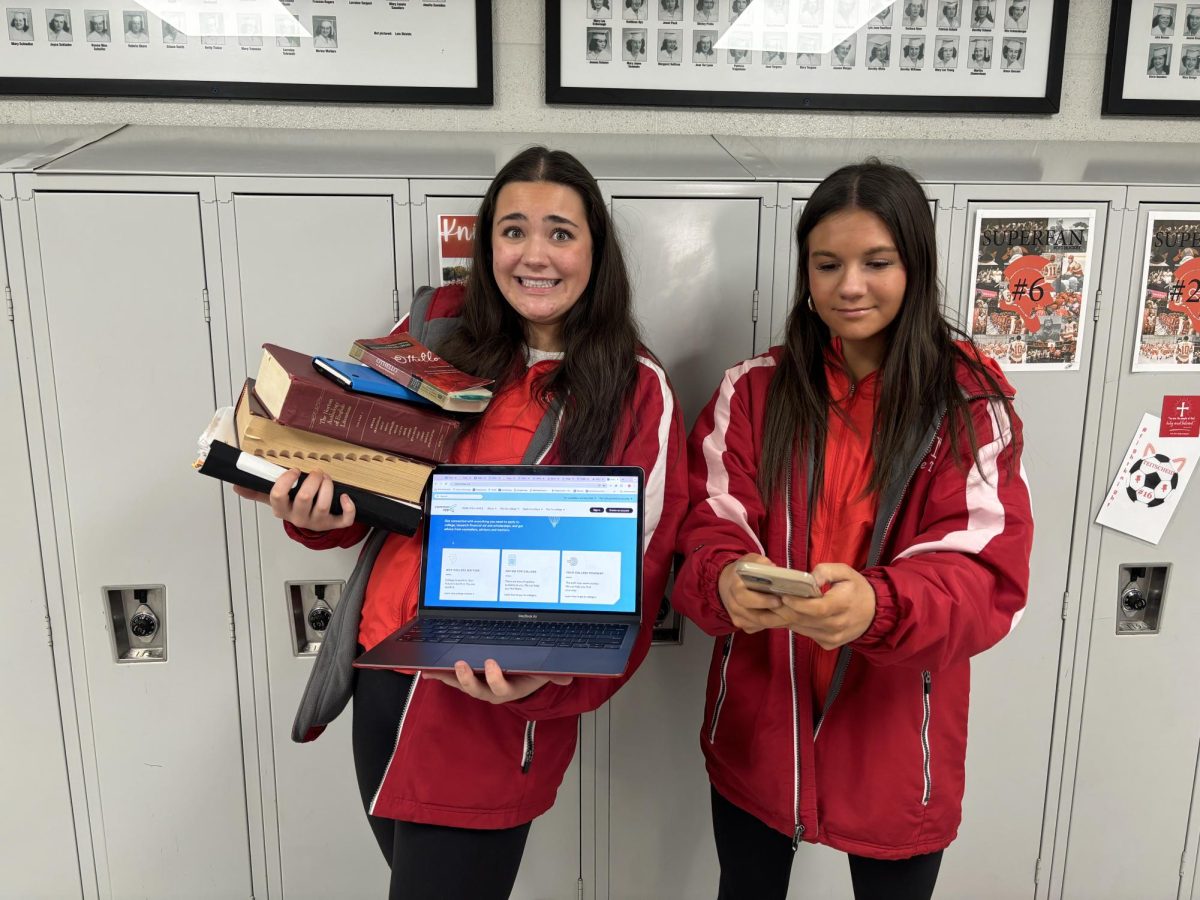Benilde-St. Margaret’s, which has offered financial aid to 14 percent of its student body and has had a healthy endowment, is prepared to have its hands full next year due to the weakened economy.
Many high schools and colleges across the country have seen their endowments shrink in the midst of the economic crisis, and BSM has seen the similar happenings.
Dr. Sue Skinner said the portion of the endowment invested in the stock market saw a 28 percent decrease in the fiscal year of 2008. While only a small section of the endowment is located in the stock market, the decrease is significant since 4 million dollars are invested in the market currently.
BSM’s Investment Committee, which determines the logistics of the endowment, splits the endowment up into four sections, providing strict guidelines for certain aspects of it.
“No more than 10 percent can be invested in individual common stock, no less than 30 percent should be in investment grade fixed income securities like CO’s, bonds, or preferred stocks, and no more than 30 percent of the total portfolio should be invested in the markets,” said Dr. Skinner.
“The Investment Committee takes good care of the endowment,” said Dr. Skinner. The committee makes sure that the endowment is a diversified portfolio so that it cannot be wiped out instantly or be in an unsafe position.
The portion of the endowment invested in the fixed income securites market allows it to gain in value due to interest without being in a vulnerable. Unlike the volatile markets, where stock holders only plan to invest for short periods of time, the school’s endowment is invested much more conservatively. “We don’t play the markets like that,” Dr. Skinner said. This reflects BSM’s Investment Policy of which primary objective is to provide long term safety for the school.
Financial aid, an integral part of the endowment as well as the school’s overall investments, will see a budget increase of 11.2 percent in the upcoming school year to provide for the overwhelming amount of need among those applying for financial aid. “The number of families applying for financial aid actually hasn’t increased, but the need among those families applying is much greater. The need has increased by 400,000 dollars,” said Dr. Skinner.
While the increase in the financial aid budget will try to quell the greater need for assistance, Dr. Skinner said, “I don’t think we’ll ever have enough money to provide for all needs.”
BSM has offered consistent financial aid over the years, using an application form to determine if a student can qualify for it, as well as how much money they will receive. The amount of aid is harnessed by the concept of need-based income.
“We have an appeal process, and it’s need-based where we look at the family situations. If there are additional circumstances, the committee looks at them,” said Michael Mooers, Vice President of Finance and Operation.
When deciding if a family can receive financial aid, the committee “looks at the full picture,” said Mr. Mooers. For example, they look into whether the family has a significant amount of money in savings or if assets can pay for school tuition until they get a new job.
“We relate it to the job market as well, for instance, if a parent has lost their job or received pay cuts, we take that into consideration when a family applies for financial aid,” said Mr. Mooers.
“Our company provides the school with reports, and then our committee decides from there how much they can give the student,” said Mooers.
“If a family can’t afford it and wants to leave, we do everything we possibly can to meet their needs, said Dr. Skinner. “Families make financial sacrifices to come here because they want to get a good Catholic education.”
BSM receives the bulk of its money for tuition assistance from various donors, whether they be alumni or parents of current students. “Just because the economy is bad doesn’t mean we’ve stopped raising money,” said Dr. Skinner. “Donors still find it attractive to donate money to the school. They don’t want students to leave because they get no tuition assistance,” said Dr. Skinner.
“It’s really more compelling for them than ever. Donors like to know their money is helping students out,” said Dr. Skinner.
However, due to the broad grasp of the economic crunch, in the short term, there have not been as many donors.
After going through the process of financial aid, Mr. Mooers reflected on the especially grueling process this year, saying “It’s been a challenging year — really the most challenging — since I’ve worked here,” Mr. Mooers said. “We’ve gotten a lot more phone calls.”









































